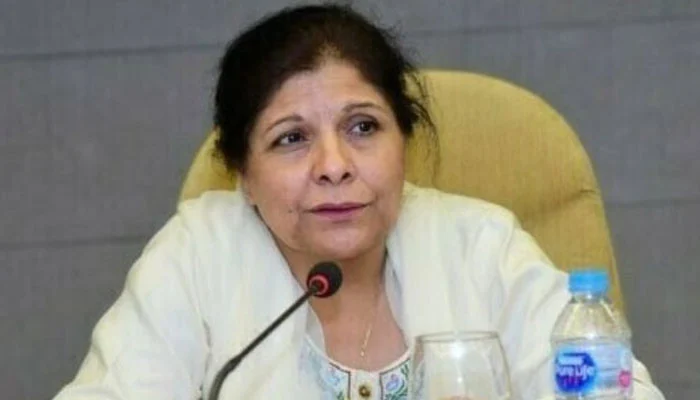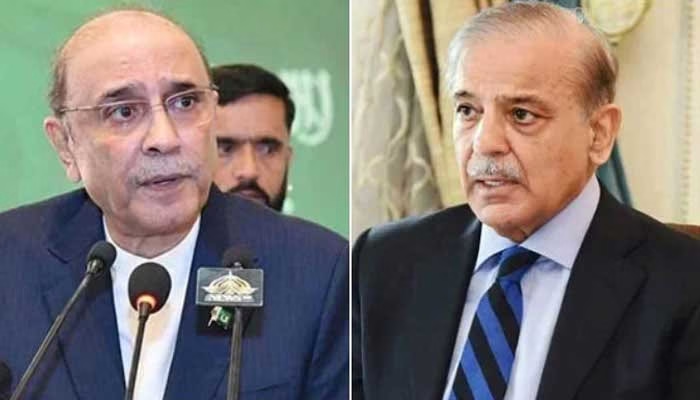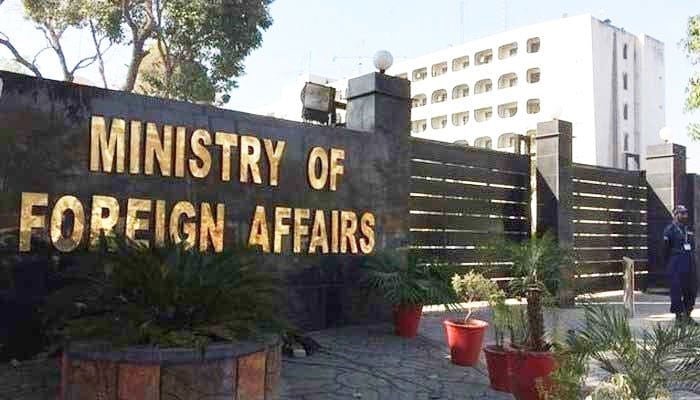Pakistan’s top-level negotiators and Finance Minister have, during ongoing talks with the International Monetary Fund (IMF), rejected the possibility of extending the timeframe or increasing the size of the Stand-By Agreement (SBA) program. They have indicated that they will provide recommendations on expanding external financing once the current evaluation process concludes successfully. This decision comes as Pakistan and the IMF officials engage in Staff-Level negotiations under a $3 billion SBA program, which began on November 2 and is set to continue until November 15.
The discussions between Pakistan and the IMF are pivotal for the country’s economic stability and progress. The $3 billion SBA program is designed to address Pakistan’s immediate financing needs and macroeconomic challenges. These negotiations involve assessing Pakistan’s adherence to structural benchmarks, policies, and economic targets that the IMF has set. Successful negotiations are vital for Pakistan to secure the next tranche of the program and maintain access to international financial markets.
Notably, discussions have included the possibility of extending the program’s timeframe and increasing the size of the program, which would allow for more external financing. These options would provide Pakistan with additional breathing space, especially in the context of a challenging global economic landscape. However, this decision appears to have been rebuffed, with Pakistani negotiators taking a cautious stance.
Experts argue that the decision is in part due to the current global economic conditions. The international environment plays a significant role in determining Pakistan’s economic policies, and two key factors are influencing this negotiation. The first factor is the global interest rate scenario, particularly the policies of the United States Federal Reserve. If interest rates, especially in the U.S., remain low, it could present an opportunity for Pakistan to refinance its external debt on more favorable terms. Lower interest rates may also stimulate global liquidity, making external financing more accessible for countries like Pakistan.
The second factor is the global oil market. Pakistan is a net oil-importing country, and fluctuations in global oil prices can significantly impact its trade balance and fiscal position. If oil prices remain stable or decrease, it could alleviate the pressure on Pakistan’s import bill and provide some relief to its external financing requirements.
Additionally, there are concerns that accepting a larger IMF program or extending the timeframe could lead to more stringent conditionalities and structural reforms, which could be politically challenging. The government may be concerned about the domestic fallout of such conditions.
It is important to highlight the role of Dr. Shamsaad Akhtar, Pakistan’s Finance Minister, and Mr. Nathan Porter, the IMF Mission Chief, in these negotiations. Both leaders recently met separately with their respective teams. During these meetings, Mr. Porter inquired about the possibility of extending the program’s timeframe until June 2024 and increasing the program’s size from $3 billion to between $3.5 billion and $4 billion. In response to this query, they reportedly replied with a firm “no,” indicating that they would provide recommendations regarding external financing options after the successful completion of the current program’s evaluation.
These negotiations with the IMF hold great significance for Pakistan’s economic stability and progress. Pakistan faces numerous economic challenges, including high inflation, fiscal deficits, and external financing needs. The government and the central bank are working to address these challenges and stabilize the economy, and the IMF program is an essential component of these efforts.
Pakistan’s decision to reject the extension of the IMF program’s timeframe and the expansion of its size reflects a cautious approach to the evolving global economic scenario. This decision may be influenced by the potential benefits of a favorable interest rate environment and the stability of global oil prices. The government’s approach to the IMF negotiations is likely to be guided by a combination of economic, political, and strategic considerations as they work to secure a sustainable economic future for the country.



